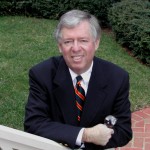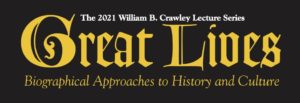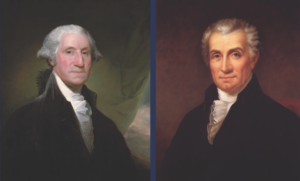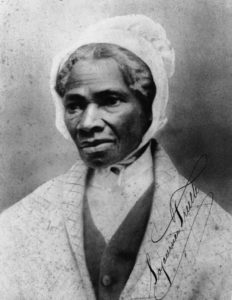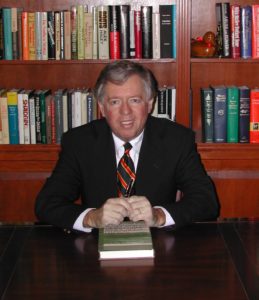Distinguished Professor of History Emeritus William B. Crawley’s penned a column which appeared in the FXBG Advance this week, entitled “History on the Hill: A Centennial Celebration.” In the column Crawley looks back at the year UMW turned one hundred, which included turmoil at the top, a presidential candidate on campus, and a towering intellectual who charged an appreciative audience. “History on the Hill” is an occasional series detailing the rich history of the University of Mary Washington penned by Crawley, distinguished professor of history and founder of the Great Lives lecture series. Read the article.


